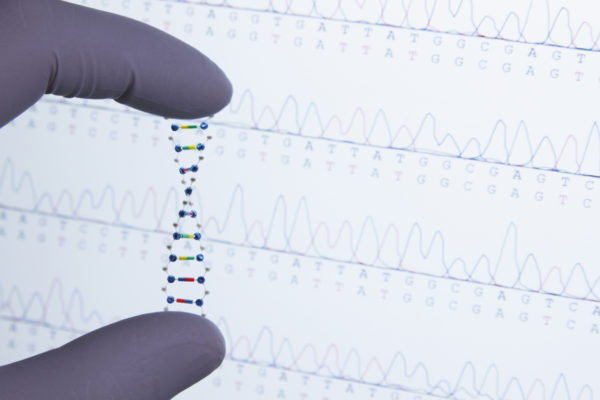
The US Food and Drug Administration (FDA) has given accelerated approval to the fibroblast growth factor receptor 2 (FGFR2) inhibitor, futibatinib, for previously treated, unresectable, locally advanced or metastatic intrahepatic cholangiocarcinoma patients with FGFR2 gene fusions. The approval was based on the findings of the TAS-120-101 clinical study which evaluated the efficacy of futibatinib for cholangiocarcinomas.
The single-arm, open-label, multicentre, TAS-120-101 study recruited 103 patients with previously treated, unresectable, locally advanced, or metastatic intrahepatic cholangiocarcinoma with FGFR2 gene fusion or another rearrangement. The participants were administered 20mg of futibatinib orally once daily until disease progression or unacceptable toxicity. The primary endpoints of the study were overall response rate (ORR) and duration of response (DoR).
According to an independent review committee, the ORR and DoR were 42% (95% Confidence Interval [CI]: 32, 52) and 9.7 months (95% CI: 7.6, 17.1), respectively. Additionally, a partial response was seen in all 43 responders. Adverse events were seen in 20% or more patients including nail toxicity, musculoskeletal pain, constipation, diarrhoea, fatigue, dry mouth, alopecia, stomatitis, abdominal pain, dry skin, arthralgia, dysgeusia, dry eye, nausea, decreased appetite, urinary tract infection, palmar-plantar erythrodysesthesia syndrome, and vomiting.
Based on these findings, futabatinib for cholangiocarcinomas was given a breakthrough designation and granted accelerated approval by FDA.
Reference